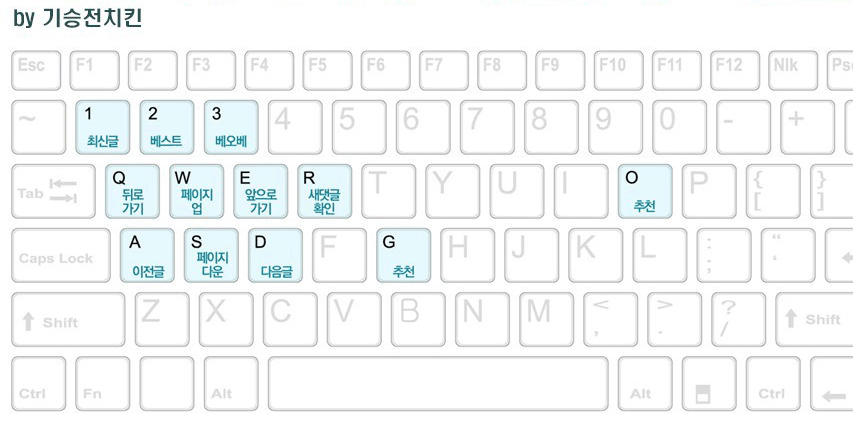“통일을 꼭 해야만하나?’”라는 트럼프 대통령 질문에 문재인 대통령은 그 질문을 무례하다 받아들이지 않고 오히려 한국 역사를 알려주는 기회로 만들었다.
While drinking tea with South Korean President Moon Jae-in before their bilateral meeting last week in Seoul, President Trump posed an unusual question about North Korea-South Korea relations to his host: “Do you have to reunify?” Trump asked.
Many Koreans might have seen it as a tactless, insensitive inquiry. Millions of Korean families were cut in half when the Korean War broke out. Moon himself is the son of two North Korean refugees who fled to South Korea in 1950, leaving several family members behind. But rather than take offense to Trump’s question, Moon took the opportunity to educate Trump on the history of the Korean conflict and relate that to the crisis facing the peninsula today.
“Posing the question ‘Do you have to reunify?’ to a member of a separated family could be quite hurtful, because it’s like as if asking, do you have to see your family members or not?” Choo Mi-ae, the leader of Moon’s ruling Democratic Party, told me in an interview Wednesday. “This could have been asked by anybody, but people who come to South Korea almost never ask it,” said Choo. “The fact that he posed this question, frankly speaking, gave us the opportunity to explain the need for reunification.”
Moon relayed the story to Choo the next day. According to Choo, Moon told Trump about his great sense of responsibility for those people who are still in North Korea, suffering under the inhumane treatment of the Kim Jong Un regime. Moon also talked about the need to bring the light of democracy to the North Korean people.
Although it’s impossible to know exactly why Trump asked Moon about reunification, Moon and his team saw the interaction as an unscripted and therefore very honest exchange. After hearing Moon’s explanation, Trump asked him, “Then, what can I do for Korea?”
At this point, Moon took the opportunity to ask Trump for a favor. The success of the upcoming Winter Olympics in South Korea is complicated by the high tensions related to the North Korean nuclear crisis, he told Trump. Trump told Moon he would personally try to promote the South Korean-hosted games.
The conversation was unusual by presidential standards, but not particularly so for Trump. Contrary to the public perception that Trump is obstinate and hardheaded about foreign policy, several foreign diplomats have told stories about Trump being highly inquisitive and eager to learn in meetings with foreign leaders.
Trump asks lots of questions in these meetings, often challenging basic assumptions about foreign policy (such as whether Korean reunification is necessary) or seeking advice for what he should do. Moon, clearly well prepared for his Trump meeting, gave him a history lesson, made a plea for peace and then asked Trump for something small and specific.
Trump’s education in South Korea didn’t stop at tea. When Trump told Moon he wanted to visit the demilitarized zone (DMZ) between North and South Korea, the most heavily fortified border in the world, Moon suggested he would tag along. The plan was foiled by foggy weather, but Choo said the helicopter ride alone gave Trump new and useful perspective.
“While [Trump] was up in the air, he was able to view the DMZ and its vicinity and he could see with his own eyes how close the DMZ was to Seoul and how many people actually live so close to the DMZ,” she said. “I believe this gave President Trump an opportunity to realize that in land where so many people live, there should never be a war.”
The South Korean government is cautiously optimistic that they got through to Trump about the dangers of war on the peninsula and the need for dialogue. In his news conference with Moon the same day, Trump said he wanted to “make a deal” with Kim. The next day, speaking to South Korea’s National Assembly, Trump again emphasized his offer for North Korea to come out of its isolation and join the world community.
Choo said that the Trump team was making revisions to the speech up to the very last minute. She was nervous but then was relieved because Trump left the door open for a diplomatic solution. And although Trump’s tweet insulting Kim as “short and fat” a few days later seemed like a setback, the South Koreans are hoping Trump’s education in Asia will have a lasting effect.
“After seeing the realities in Korea, I believe that he must have clearly understood why we are saying no war and why we are calling for peace,” she said.














